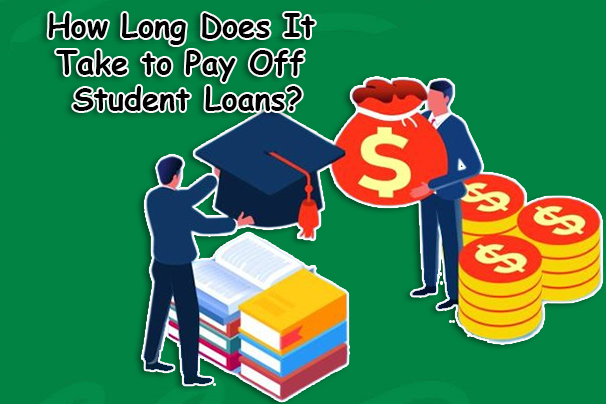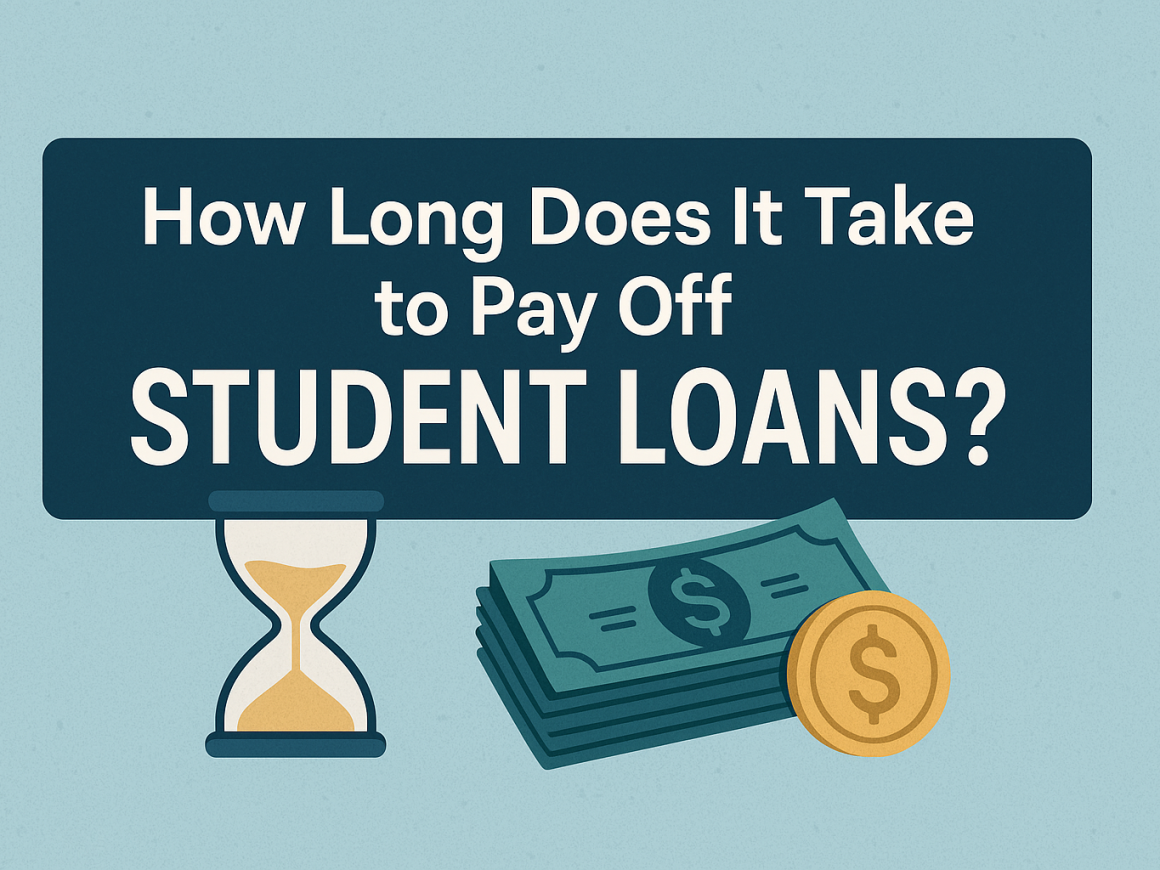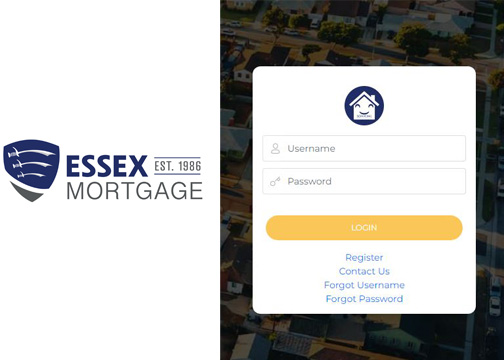Depending on different factors, how long it takes to pay off a student loan is determined. These factors include annual percentage rates, overall loan amount, and monthly repayment terms. The standard repayment term for federal student loans is 10 years. However, it may take up to 30 years or more for students to repay their loans. While we have this, how long does it take to pay off student loans?

If you can afford it, you can fully pay off your student loans on time. The repayment time of a student loan is determined by factors such as loan amount, interest rates, and repayment term. This means the larger the loan amount, the longer your repayment term. Sometimes, other factors like your credit score also have a way of affecting the length of your credit report. Federal student loans typically have a fixed term, but the repayment time for private student loans varies by lender. In this write-up, all you need to know about this is stated and properly explained.
When Will My Student Loans Be Cleared?
Graduate students with federal student loan debt are enrolled in the standard repayment plan automatically, and this payment plan lasts for 10 years. This repayment plan can be changed if you require more flexibility in your budget.
When do I begin my student loan repayment?
Federal student loans require repayment within six months of graduation, unless students drop below half-time enrollment, or leave school. If a borrower cannot repay the loan at the start of repayment, they can apply for forbearance, deferment, or switch to a different repayment plan. Most private student loan lenders mandate repayment six months after graduation, with some offering a nine- to twelve-month grace period. Because this is different, it is important to contact your insurer to find out what grace period is given.
Factors That Affect How Long It Takes to Pay Off My Student Loan
While there are factors that affect your loan eligibility as well as interest rates, there are also factors that affect your loan repayment. These factors include:
Applying for Forbearance or Deferment
This process allows you to place your monthly student loans on hold due to situations like enlistment, financial hardship, or unemployment. Deferment and forbearance are both offered to every borrower holding a student loan. Aside from federal, private lenders also offer forbearance programs. Because of these programs, there will be a delay in your student loan’s final due date. For example, if you take a three-year deferment, three years will be added to your loan’s final payment date.
Refinancing Student Loans
Loan refinancing is when you take a new loan to pay off old loans. Refinancing your student loan will get you a new loan term, interest rates, and, most times, a new lender. Because you refinanced your student loan and you were given new terms, how long it will take to pay off your loan may change. If you choose a shorter loan term because you can handle making high monthly payments, you will likely pay off your loan faster. If you make lower monthly payments on your loan, you may likely take a longer time to pay off your student loan.
Modifying Your Loan Payment Plan
You don’t need to make your loan payments only once each month. If you would like to pay your loan every three weeks or biweekly, you can reduce your loan repayment length. For example, if you pay 26 half-payments over the overall year of the loan, it means you have made 13 full payments and have no extra payments to make towards the loan. This process reduces your monthly repayment and helps you get out of debt faster. However, if you do not miss any payments or you do not pay the complete loan amount, you may stretch your loan repayment term. Also, missing loan payments puts you at higher risk of late fees, bad credit scores, and penalties.
Is it a good idea to pay my student loans while I’m in school?
If you can pay your loan while in school, it is a good idea to consider. Doing this will reduce your loan repayment length as well as additional interest rates, and it helps you save. Aside from this, this method helps you pay off your loan faster when you graduate.






